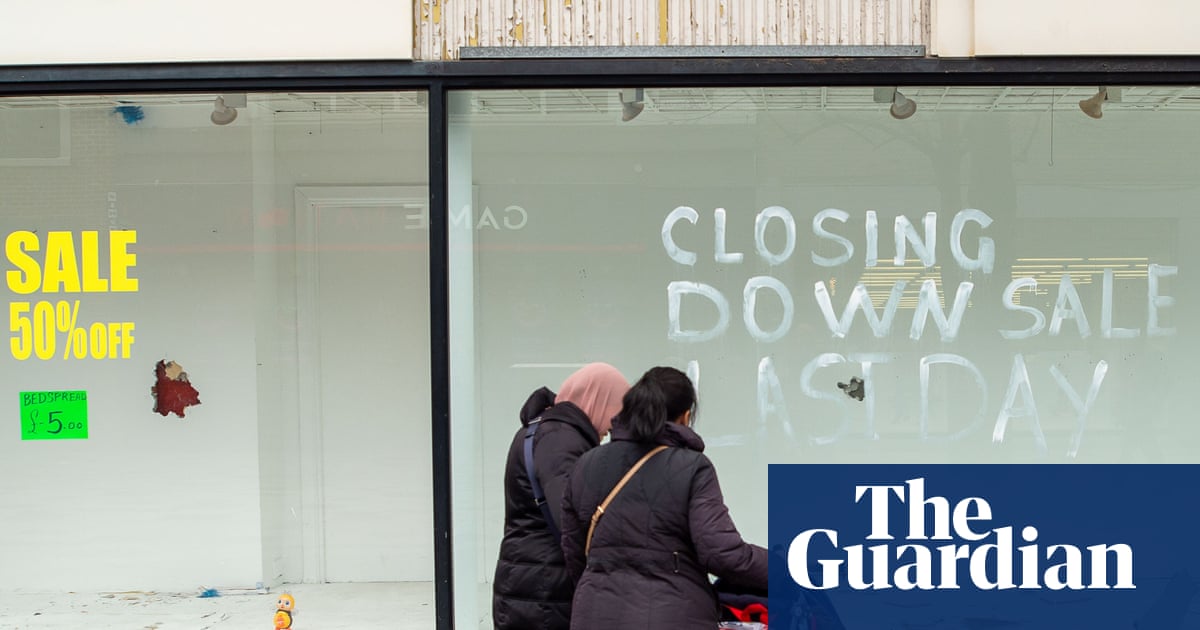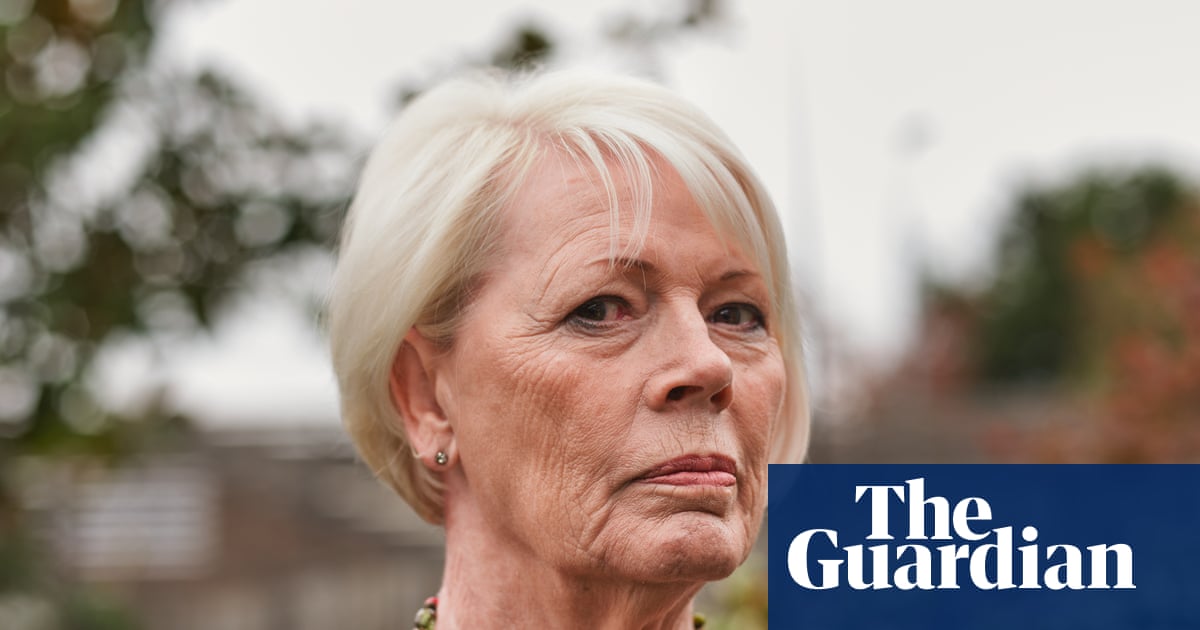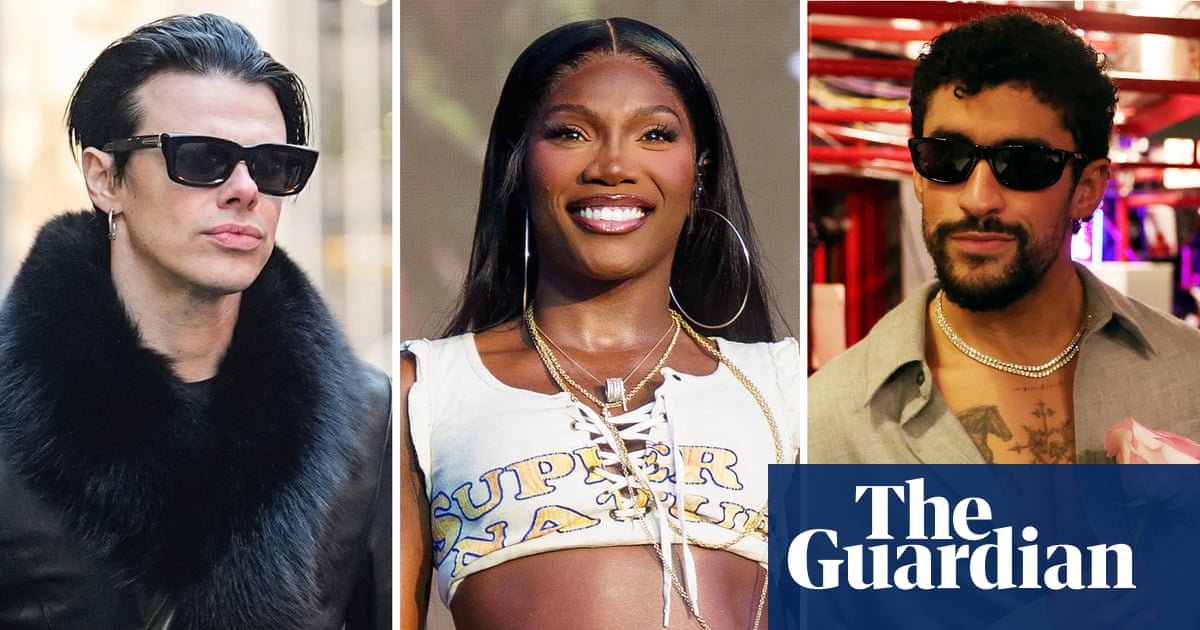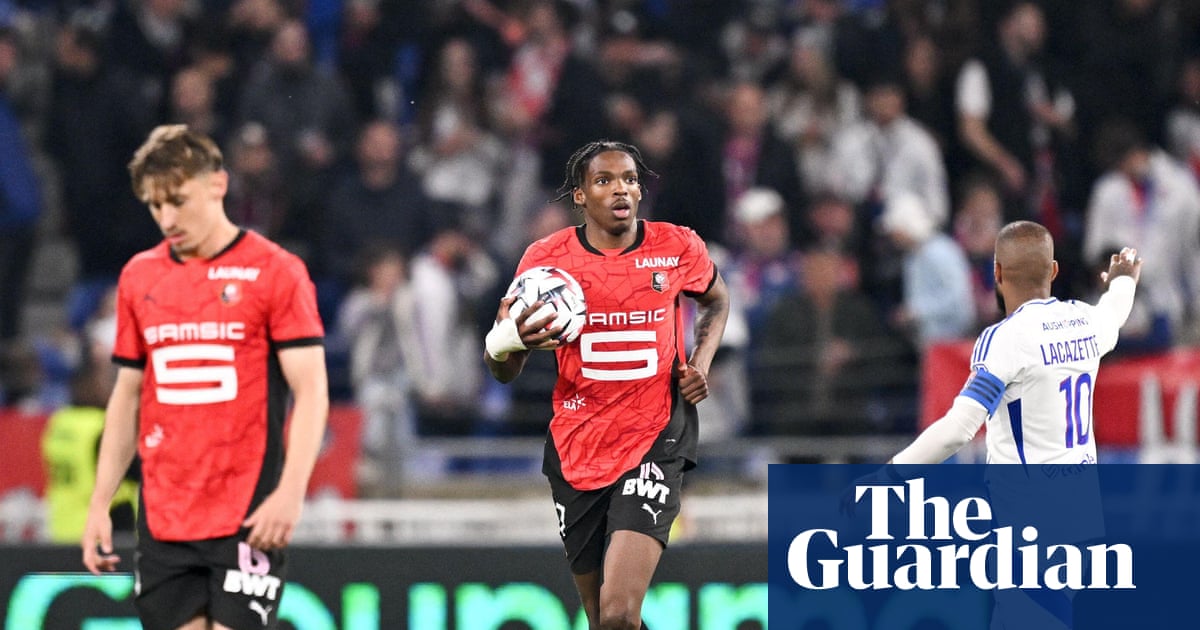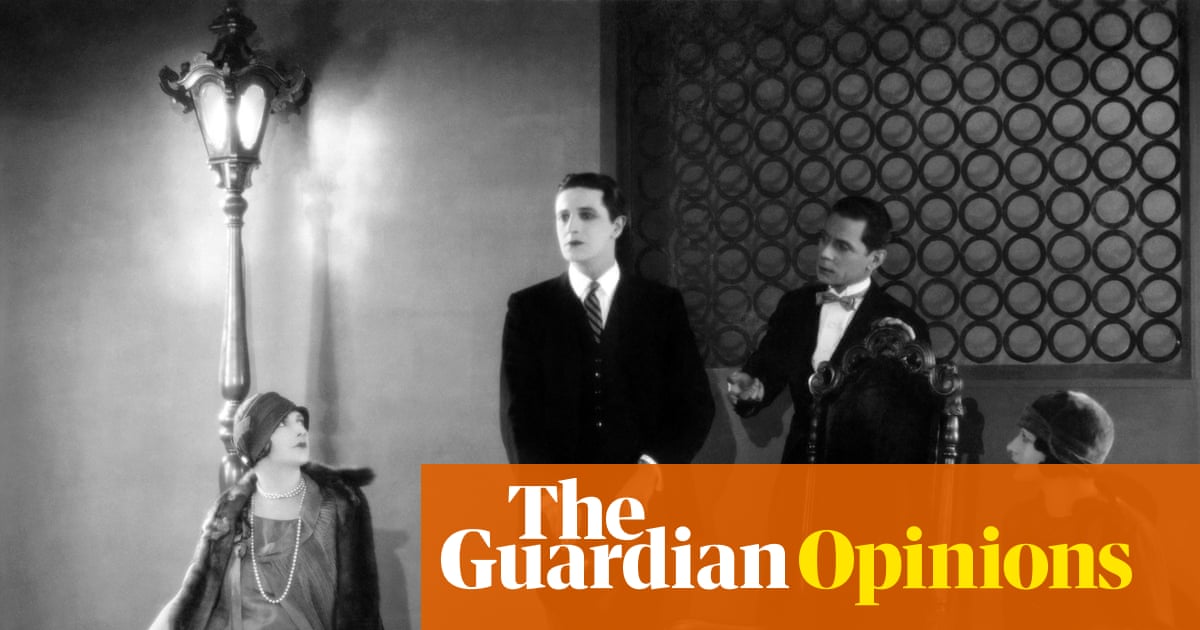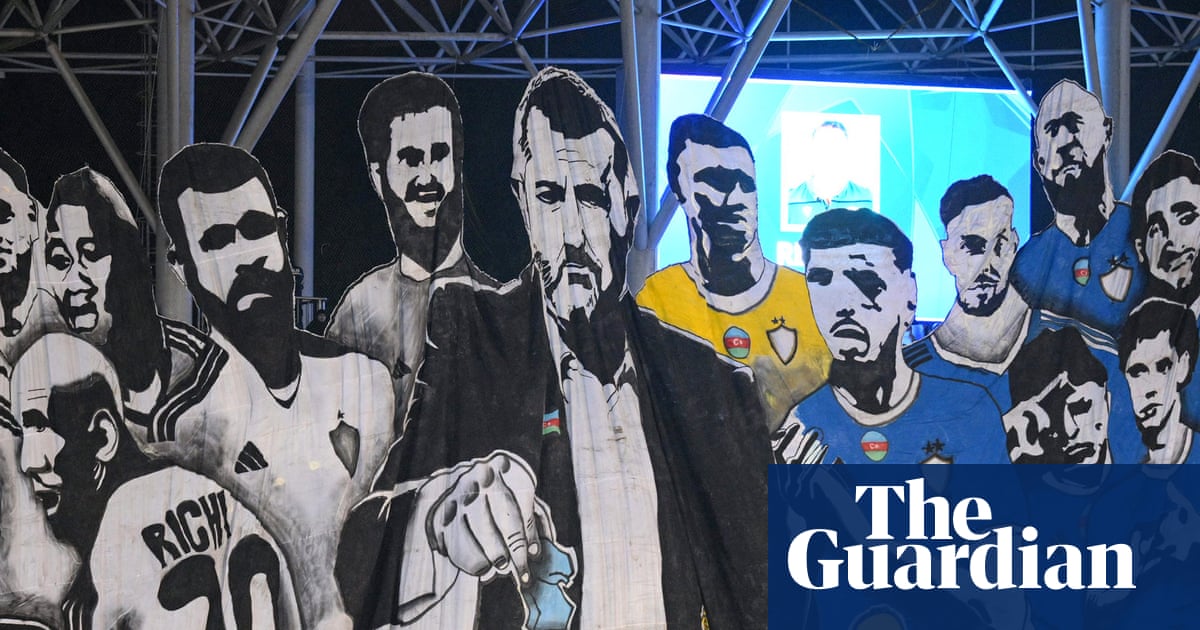Lady (1995)
D’Angelo burst on to the scene in 1995 with a debut album (Brown Sugar) that effectively reordered our musical palette, awakening memories of our parents’ living rooms where the stereo was always cued up to Stevie, Marvin, Smokey and company. What made Brown Sugar such a seismic jolt in the 1990s R&B landscape though was its smouldering sensuality laced with undercurrents of hip-hop’s don’t-give-a-damnedness; studious, devoted instrumentality; and an infectious commitment to the art of the infinite jam. Lady is the sister, so to speak, to the title track of D’Angelo’s audacious debut album. And whereas the latter introduced listeners to a hood Romeo on the make, Lady revels in the pleasures of a lover who’s already won the chase and whose twinned passion for intimacy and privacy takes the form of a thick, bass heavy, groove recitation. Behold the birth of neo-soul.
Higher (1995)
Leave it to D’Angelo, that rigorous forever-student of Black music history to close out his first album with a track that flaunts its sacred-meets-profane, pulpit-meets-the-juke-joint sensibilities. Higher fuses Sunday morning modern gospel iridescence with light bedroom innuendo (“‘Cause you take me higher / Further than the stars above / Send me in ecstasy, baby / With your love, with your love”). But its emphasis on the declaration of epic, cosmic love, Bowie-esque “Heroes” love, the kind in which you “put your hands into mine … and then we’ll take off to the skies above” – with the help of that soaring Hammond B3 organ – is proof that even on his earliest record, D’Angelo was interested in imagining Black love as not just a form of escape but as a kind of mobile shelter, monumental in scope and intensely divine. And like so many of Brown Sugar’s tracks, it reminded us of the precious and singular power of the soul falsetto. In the midst of an era ruled by hip-hop MCs and showmen producers, it doubled-down on the virtuosities of Black male vocality, treating it like the prodigal son, crown jewel star of pop we had always known it to be. Here, then, was the architect of Black Gen X sonic feeling and eloquence.
Devil’s Pie (2000)
From his first masterpiece, Voodoo, Devil’s Pie is, arguably, the dark and intricate sequel to Lauryn Hill’s Lost Ones, her hip-hop sermon-on-the-mount directed at ex-lovers and fellow MCs felled by the materialism of the game. In both form and content, Devil’s Pie swings even harder than Hill’s judgment jam with its sparse, pounding rhythm section, its haunting, gradually stacked vocals, and its horror film imagery. He plunges us into a Walking Dead universe of ravenous zombies, all clambering for a slice after slice of the whole “pie”, the whole racial capitalist laundry list of goods and vices: “greed and lust, jealousy, envious / Bread and dough, cheddar cheese / Flash and stash, cash and cream …” D’Angelo, himself, likened Devil’s Pie to “a blues song” with vocals inspired by the sound of a “chain gang … or like the feel of … the field slaves … picking whatever the fuck the master had us picking”. His indictment is stone-cold daring as it turns an eye towards the nightmares of systemic failure as well as our own. “Ain’t no justice,” D’Angelo declares, “it’s just us …”
Untitled (How Does It Feel) (2000)
Yes, it’s one of the greatest tributes ever to D’Angelo’s all-time hero Prince. Sonically and sexually, Untitled radiates with the Purple One’s masterful grammar of tenderness, his irresistible alchemy of masculine eros and feminine intimacy. But it also takes those elements of his majesty’s repertoire and turns them out, so to speak. Though its hotter-than-July accompanying video is the first thing you might remember about this song, the last thing you’ll hold on to is surely the way Untitled makes you feel, how it seduces you into contemplating the wonder and the glory of a slow-burning, coital journey unfolding in real time, how it makes you believe in the possibility of being taken by a song and an artist who wants nothing more than for you to surrender to slow-rolling, woman-centred, orgasmic energy. One of the greatest works of pop music eroticism ever recorded.
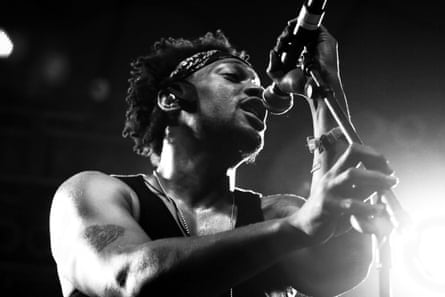
Africa (2000)
Post-civil rights-era pop has its share of stirring lullabies and love songs to artists’ children. It’s a sub-genre that thrives on often weaving together some combination of historical, Biblical or geographical images that frame the conditions of a newborn’s arrival and the legacies that promise to supply this golden child with succour and survival. Think Stevie’s Isn’t She Lovely?, Lauryn Hill’s To Zion or Beyoncé’s Bigger, the latter of which seems to take direct inspiration from D’Angelo’s Africa. Born Michael Eugene Archer, D’Angelo shared a son, Michael Jr, with the equally formidable, powerhouse neo-soul singer Angie Stone who, in a sorrowful twist of fate, died earlier this year as a result of car crash injuries. Africa is a message from father to son, delicate like an ocean’s breeze, gently rolling like a river over Ahmir “Questlove” Thompson’s steady percussion. It is a love song born out of diasporic inheritance (“Africa is my descent”), a recognition of the scale of a people’s past (“from kings and queens becomes a prince”) and an embrace of fatherhood’s restorative humility (“I receive the love that radiates from your glow”).
Ain’t That Easy (2014)
The drought between one gamechanging record and the next for D’Angelo ended in the early weeks of winter 2014 when the album Black Messiah dropped. If the dawn of the Black Lives Matter era featured a cluster of brilliant and incisive works by artists such as Kendrick Lamar, Solange and Beyoncé, D’Angelo’s entry was its own astonishing revelation. Its opening track, Ain’t That Easy is signature D’Angelo with its neo-soul wall-of-sound bass and percussive density. We are swept into the world of lovers at odds with each other, dropped into a relationship on the verge of falling apart, but D wants us to lean into the struggle with him. “You can’t leave me / ain’t that easy …” At the end of a long year of Black folks taking to the streets and fighting for recognition of their full humanity, fighting to not be abandoned by their country, Ain’t That Easy bristles with metaphorical electricity as it recalls James Baldwin’s argument in The Fire Next Time: “If we – and now I mean the relatively conscious whites and the relatively conscious blacks, who must, like lovers, insist on, or create, the consciousness of the others – do not falter in our duty now, we may be able, handful that we are, to end the racial nightmare, and achieve our country, and change the history of the world …” No easy task.
The Charade (2014)
Black Messiah’s gut-punch of a track. Think George Benson’s cover of Leon Russell’s This Masquerade, sped up and drenched in political fire. If that 1976 classic emerged as a kind of ironic post-civil rights ballad for Black Americans living in the wake of freedom struggle advances and, likewise, witnessing gradual backlash (“are we really happy here with this lonely game we play?” croons Benson), The Charade turns up the volume on the shibboleths of racial equality in America. We are “crawling through a systematic maze” with D and his furiously tight ensemble, The Vanguard. Soaked in Prince, Hendrix and Sly sonic references, The Charade rips the Band-Aid off and thrives on second-person questioning, witnessing and confrontation (“Degradation so loud that you can’t hear the sound of our cries …”). With the murder of Michael Brown and countless others fresh on our minds and in our hearts, 2014 D’Angelo returned to the scene to call it like he saw it: “All we wanted was a chance to talk / ‘Stead we only got outlined in chalk”. A tornado of a song whose live rendition on Saturday Night Live rocked the foundations of late night TV, offering the fierce musical antidote to anti-blackness.
Really Love (2014)
He’ll always be a lover and a fighter. Black Messiah’s grand romance track, Really Love, wears its cinematic ambitions on its sleeves with spoken word opening verses delivered in Spanish by Boricua artist Gina Figueroa. Cue the swirling strings and let Figueroa do her thing with a short, biting monologue (“Yeah, you love me? I love you very much … I did not want to fight you. I only wanted to love you. But you are very jealous”). The greatest falsetto singer of his generation is all about the determined serenade here, taking the playful sensual route to win this woman back into his arms with Latin guitar licks creating a delicate tapestry for our suitor. With dashes of melodrama and romcom energy, Really Love conjures the spirit of Prince on any one of his please baby, baby, please, you’re-so-hard-to-get anthems, delighting in the act of supplication; D’Angelo, like his idol, knows how to turn tender passivity into blue flirtation.
Prayer (2014)
In an era when we were hungry for anthems (Alright, Freedom, Don’t Touch My Hair), D’Angelo turned the concept of the anthem on its head with Prayer, a swamp groove holy revival, a dense odyssey that takes us to the centre of our struggle to survive and persevere; a cathartic, slow-tempo P-Funk exorcism of our long, trans-generational fight to be free. D wills us forward like a lowdown preacher in call-and response mode with a “Lord have mercy” blues guitar lick as his foil. He sees “the devil on your feet” and knows “that he will … try to stop you / From seeing your days / But you got to pray all the way”. The time is now, and the ominous chimes on this track tell us so. This is Black exhortation from the pulpit delivered in the club, chanted on the front lines, crooned from the lip of the stage. It is prayer come to life in full force, percussive strength, beat out in hand claps and a stomping resolve. It’s a slow-moving step show for the movement, the church service, the party. It’s Black hope, faith and resistance made manifest in the form of sonic spiritual rebellion.
Lauryn Hill – Nothing Even Matters (ft D’Angelo) (1998)
How does one measure tenderness? Lauryn Hill and D’Angelo showed us the way on one of the great duets of the 1990s – great in its use of “quiet,” this expressive mode that the Black studies scholar Kevin Quashie defines as, in part, a sign of a potentially “dynamic and ravishing” interior. Hill and D’Angelo build a fortress of quiet as they take in one another and let everything around them fall away. “Your love makes me feel 10 feet tall / Without it I’d go through withdrawal / ’Cause nothing even matters at all”, sings D’Angelo while his shared warmth with Hill fills up the spare, intimate spaces in the song. Encircled by finger snaps, a poignant guitar, a gentle rhythm section that gives these two titans room to breathe, they take each other in. “These buildings could drift out to sea / Some natural catastrophe / Still there’s no place I’d rather be / ’Cause nothing even matters to me”, adds Hill. You want these two in a Barry Jenkins romance with the cameras spinning all around them. You want to lose yourself in this Black love that is salvation itself. Signature D’Angelo alongside his neo-soul genius peer: how we wish that we could hold this scene for ever.
Bonus tracks: the D’Angelo cover versions
D’Angelo – Cruisin’ (Smokey Robinson cover)
D’Angelo, Femi Kuti, Macy Gray, Roy Hargrove, the Soultronics and Positive Force – Water No Get Enemy (Fela Kuti cover)
D’Angelo – Can’t Hide Love (Live at the Jazz Cafe, London, 1995) Earth Wind & Fire cover)
D’Angelo – She’s Always in My Hair (Prince cover)
D’Angelo with Princess (Maya Rudolph and Gretchen Lieberum) – Sometimes It Snows in April (Prince cover)
D’Angelo and Erykah Badu – Your Precious Love (Marvin Gaye and Tammi Terrell cover)
Roman GianArthur – OK Lady (EP with mashed-up covers of Radiohead and D’Angelo tracks)

 3 months ago
49
3 months ago
49



